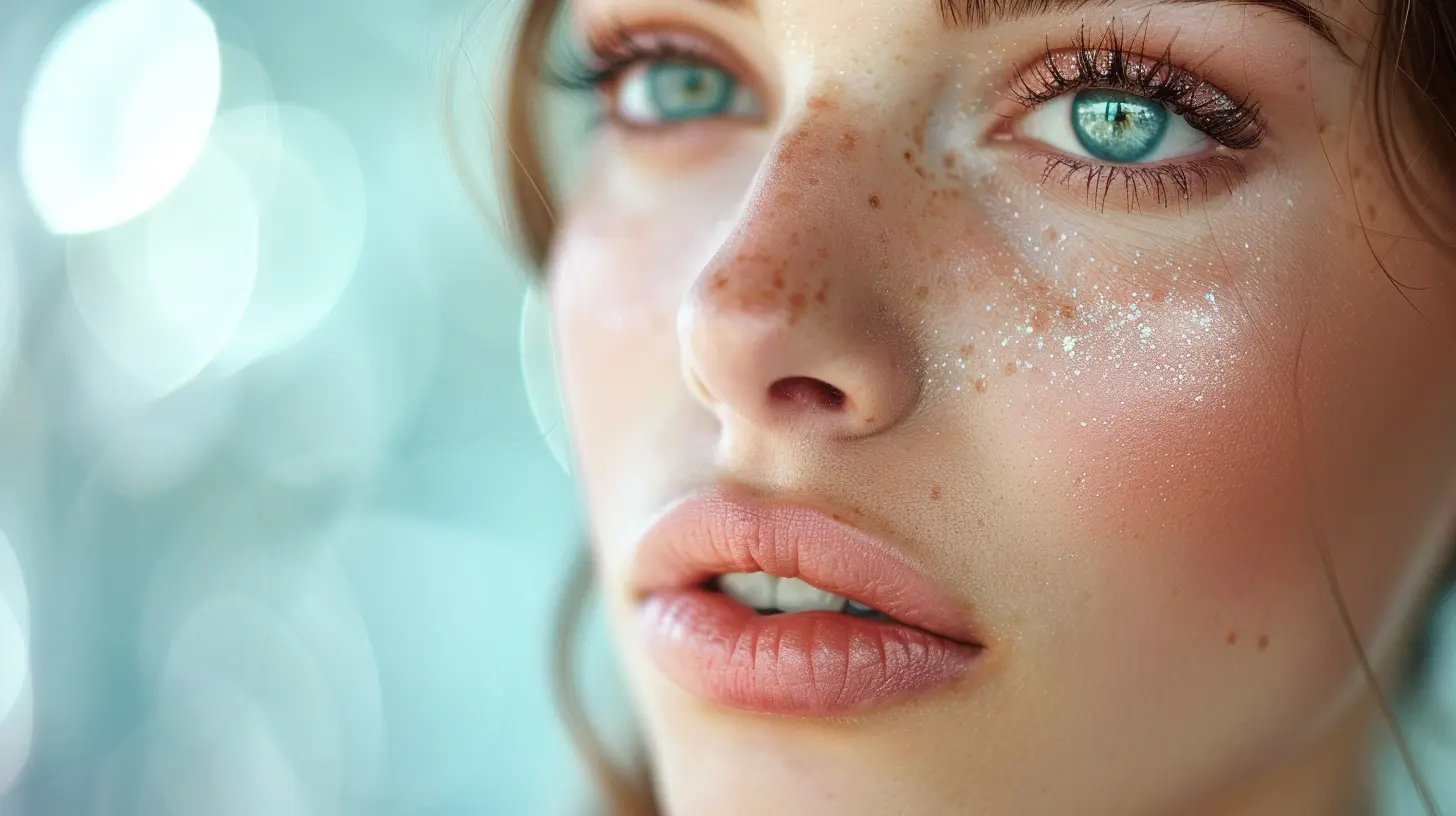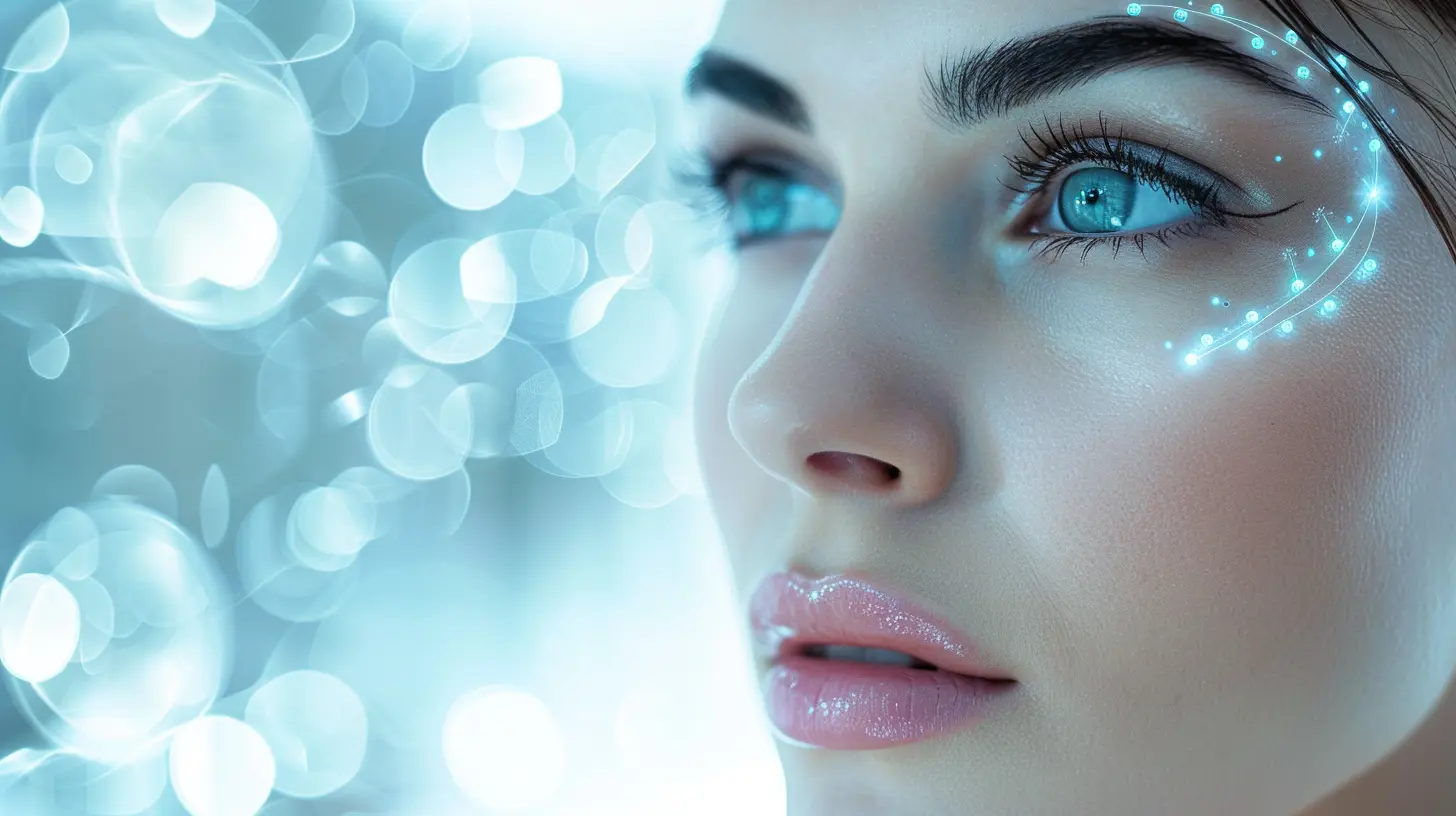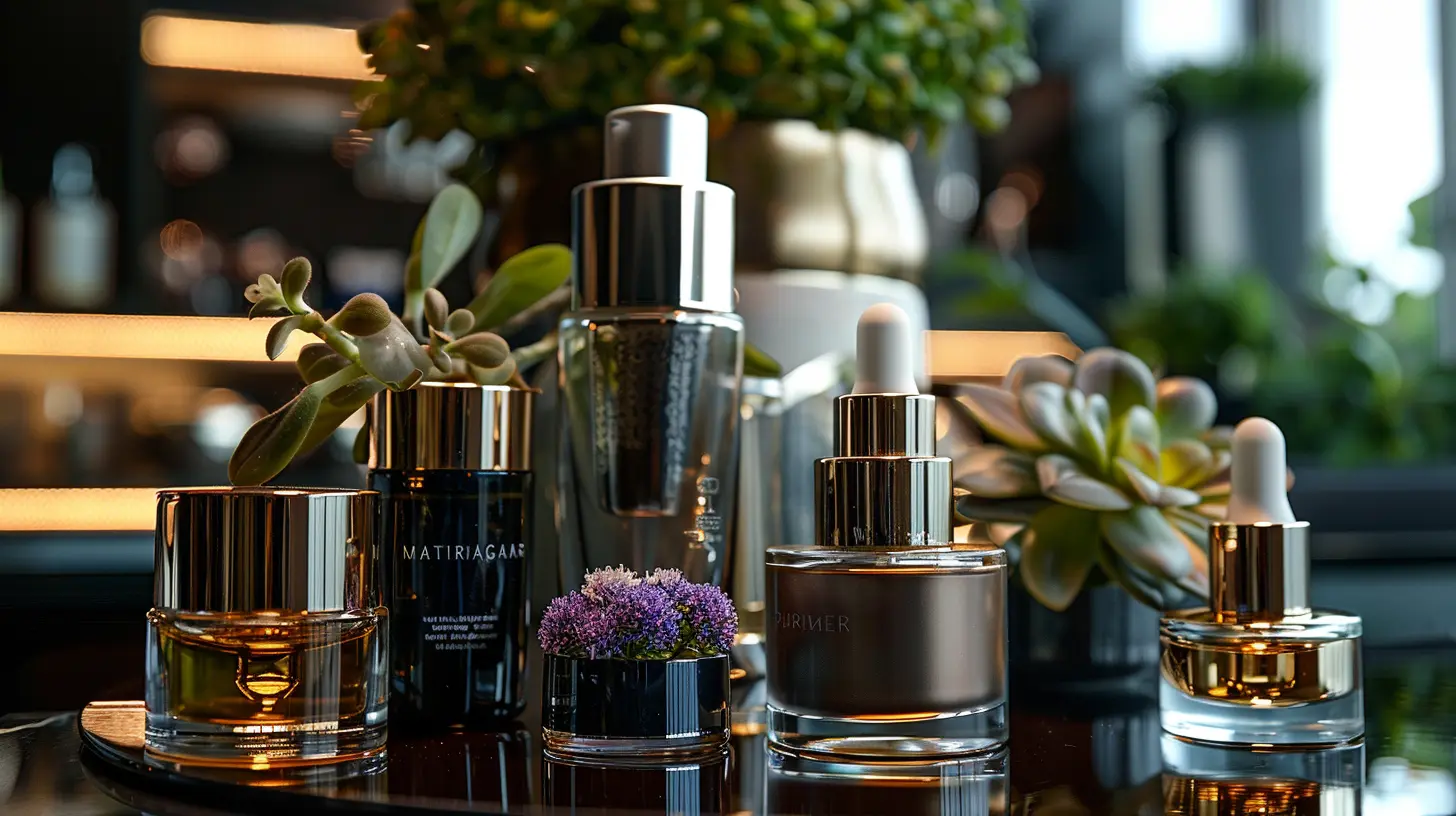Essential Ingredients to Look for in Anti-Aging Products
26 August 2025
Let’s face it—aging is inevitable. But looking older is optional. Whether you're in your late 20s trying to prevent those sneaky fine lines or you're in your 50s battling wrinkles head-on, knowing what’s inside your skincare products is half the battle won.
You’ve probably seen hundreds of anti-aging creams, serums, and lotions yelling for your attention on store shelves or online. They promise youthful, glowing skin. But do they all deliver? Not really.
If you’re tired of wasting your money on promises in a bottle, then stick around. This guide gets real about which ingredients in anti-aging products actually do what they say—and which ones are just hype. Let’s decode those labels together.
Why Ingredients Matter in Anti-Aging Products
Here’s the truth: your skin doesn’t care about pretty packaging or celebrity endorsements. What it cares about is results—and that comes from science-backed ingredients. When you understand what those ingredients are and how they work, you can make smarter choices that truly benefit your skin.Think of it like cooking. You wouldn’t bake a great cake without the right ingredients, right? Skincare is the same deal. Dumping random stuff on your face won’t get you glowing, youthful skin. You need the right mix of powerful, proven ingredients.
1. Retinoids (Retinol, Retinaldehyde, and Tretinoin)
Let’s start with the gold standard in anti-aging: retinoids.What They Do
Retinoids are derivatives of Vitamin A, and they’re famous for a good reason. They boost collagen production, speed up cell turnover, reduce the appearance of fine lines, fade dark spots, and even fight acne. It’s a multitasking hero!Why They Work
Retinoids dive deep into your skin and stimulate fibroblasts—those are the cells that produce collagen and elastin. More collagen? Less sagging, fewer wrinkles. Period.What to Look For
- Over-the-counter: Retinol or retinaldehyde- Prescription strength: Tretinoin or adapalene
Start slow if you’re new to retinoids. They can be irritating at first, but your skin will adjust.
2. Hyaluronic Acid (HA)
Ever wonder how some people have that plump, juicy skin? Nine times out of ten, they’re using hyaluronic acid.What It Does
HA is like a big drink of water for your skin. It holds up to 1,000 times its weight in water, which means it can deeply hydrate and make your skin look instantly fuller and smoother.Why It Works
When your skin is well-hydrated, it looks more youthful. Fine lines? They’re less noticeable. Makeup? It glides on better. And who doesn’t want dewy, supple skin?Best Used With
Layer HA under your moisturizer or serum to lock in that hydration. Use it morning and night!
3. Vitamin C (Ascorbic Acid)
Want a serious glow-up? Vitamin C is your go-to.What It Does
It brightens skin, evens out tone, fades dark spots, and ramps up collagen production. It’s also a powerful antioxidant that shields your skin from pollution and sun damage.Why It Works
Vitamin C neutralizes free radicals—pesky molecules that damage skin cells and speed up aging. Add a daily dose of Vitamin C, and you're giving your skin an antioxidant army.What to Look For
- L-ascorbic acid (most effective form)- Concentration between 10%-20%
- Packaged in dark bottles (Vitamin C oxidizes easily)
Pro tip: Use it in the morning and follow with SPF.
4. Peptides
Peptides might sound scientific and intimidating, but don’t scroll past them—they’re worth it.What They Do
These little chains of amino acids send signals to your skin to produce more collagen and elastin. Translation? Firmer, smoother, more youthful-looking skin.Why They Work
Think of peptides as skin’s personal trainer. They encourage your skin to help itself, naturally boosting renewal processes without being too harsh.Best For
- Sagging skin- Fine lines
- Dullness
Bonus: peptides are generally gentle, so they’re great for sensitive skin types who can’t tolerate stronger ingredients like retinoids.
5. Niacinamide (Vitamin B3)
If your skin is inflamed, red, faded, or all-over tired, niacinamide is like a chill pill for it.What It Does
It reduces redness, boosts hydration, tightens pores, fades hyperpigmentation, and improves skin elasticity—all in one go.Why It Works
Niacinamide strengthens your skin's barrier. That’s the outer layer that keeps moisture in and bad stuff out. A stronger barrier = fewer signs of aging.How to Use It
It plays nicely with most ingredients, especially HA and peptides. Use it during your morning or nighttime routine.6. Alpha Hydroxy Acids (AHAs)
Chemical exfoliants sound scary but AHAs are actually super skin-friendly—especially for aging skin.What They Do
AHAs like glycolic acid and lactic acid gently slough off dead skin cells. Hello, smoother texture, diminished fine lines, and smaller-looking pores.Why They Work
As we age, our natural cell turnover slows. AHAs jumpstart that process, revealing fresher, brighter skin underneath.Key AHAs to Look For
- Glycolic acid (most effective)- Lactic acid (milder and more hydrating)
Start with once or twice a week and increase as your skin gets used to it.
7. Sunscreen (SPF 30+)
Okay, this one’s not glamorous, but it’s essential.Why It’s Crucial
No anti-aging routine matters if you’re not protecting your skin from the sun. UV rays cause 80-90% of visible skin aging. Think wrinkles, sunspots, sagging… yikes!What to Look For
- Broad-spectrum (UVA & UVB protection)- SPF 30 or higher
- Physical blockers like zinc oxide or titanium dioxide for sensitive skin
Make sunscreen your daily ride-or-die—even on cloudy days or when you’re indoors (yep, UVA rays can sneak through windows).
8. Coenzyme Q10 (CoQ10)
Ever hear of the skin’s powerhouse enzyme? That’s CoQ10.What It Does
It energizes skin cells and neutralizes free radicals. With age, your natural CoQ10 levels drop, leading to dullness and wrinkles. Adding it back brightens and tightens skin.Why It Works
By stimulating cellular activity, CoQ10 helps your skin maintain elasticity and resilience. It’s like charging your skin’s internal battery.You’ll often find it in serums and moisturizers labeled as “energizing” or “repairing.”
9. Ceramides
Think of ceramides like bricks and mortar for your skin's barrier. They lock in moisture and keep irritants out.Why Aging Skin Loves Them
As you age, your skin loses ceramides naturally. That can lead to dryness, sensitivity, and more visible wrinkles. Replenishing them helps restore that protective barrier.What to Look For
Look for products that say “lipid-replenishing” or include other nourishing ingredients like fatty acids and cholesterol.Great for dry, mature, or winter skin!
10. Antioxidants (Besides Vitamin C)
We touched on Vitamin C already, but there are plenty of other antioxidants that deserve praise.Top Contenders
- Vitamin E: Moisturizing and calming- Green Tea Extract: Anti-inflammatory and detoxifying
- Resveratrol: Found in red wine, it helps repair stressed skin
- Ferulic Acid: Boosts the power of other antioxidants like Vitamin C & E
These ingredients fight oxidative stress, which is one of the skin’s biggest age-accelerators.
Ingredient FAQ: Let’s Clear Up Some Confusion
Still got questions? Let’s tackle a few!Q: Can I use all of these ingredients together?
Not always. Some combinations—like retinol and strong AHAs—can irritate your skin. A good rule is to separate powerful actives (like retinol and acids) into different routines—one for AM, one for PM.Q: Do natural ingredients work just as well?
Natural doesn't always mean better. Some natural ingredients are great (hello, green tea), but others may not be as potent or effective as lab-made versions.Q: How long before I see results?
Typically, 4 to 12 weeks. Consistency is key. Stick with it—your future self will thank you!Q: What’s the best age to start using anti-aging products?
It’s never too early to start preventing. Your mid-to-late 20s is a great time to add ingredients like SPF, Vitamin C, and hyaluronic acid. Retinoids can come in by your early 30s.Final Thoughts: It’s Not Magic, It’s Science
Here’s the deal: there’s no one-size-fits-all miracle cream. But there ARE ingredients proven to help slow down aging and improve your skin’s health and appearance.The best approach? Mix and match a few of these power players based on your skin type and concerns. Be patient. Get consistent. Use sunscreen religiously. And hey—don’t forget to drink water, sleep well, and smile more. Real beauty starts with how you feel.
all images in this post were generated using AI tools
Category:
Skin CareAuthor:

Madeline Howard
Discussion
rate this article
1 comments
Macey McLemore
Embrace timeless beauty—nourish your skin with nature's best ingredients!
September 2, 2025 at 3:16 AM

Madeline Howard
Thank you! Embracing natural ingredients can truly enhance skin health and fight aging effectively.


